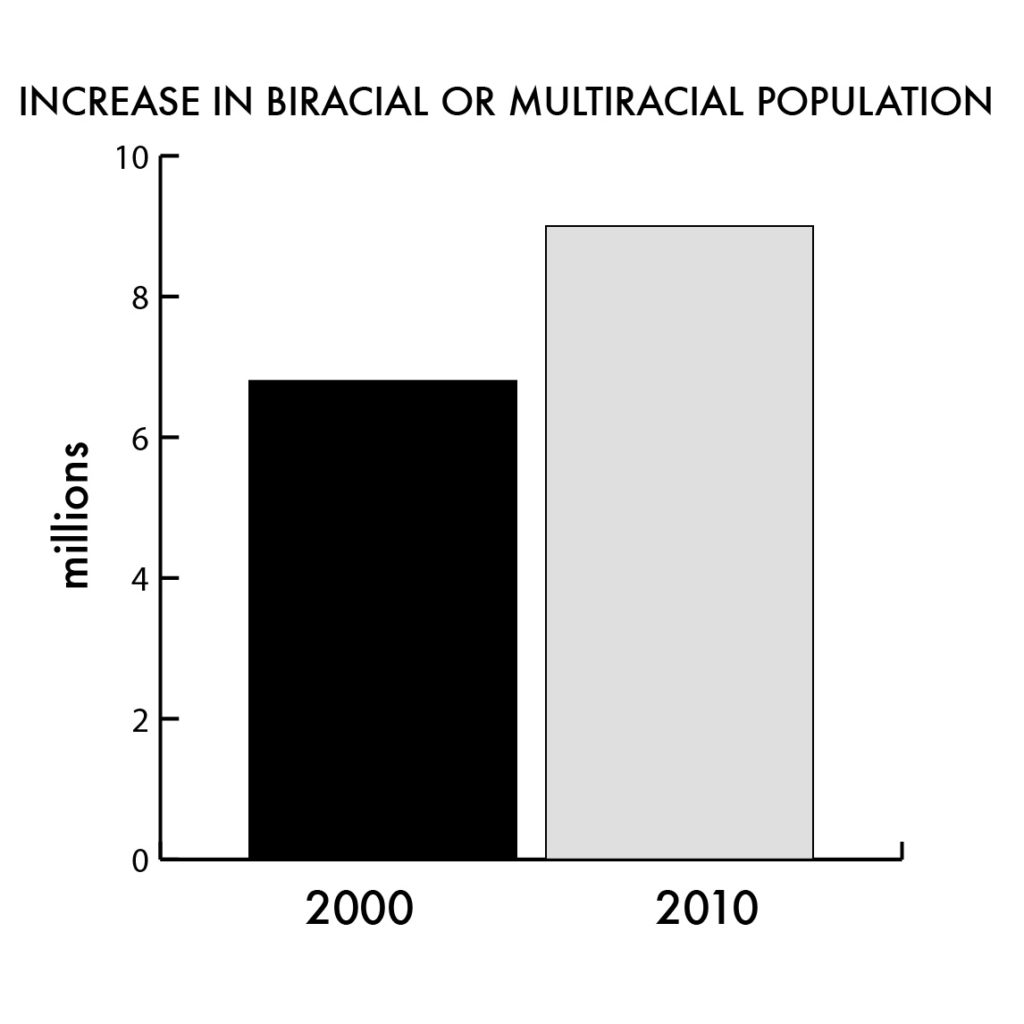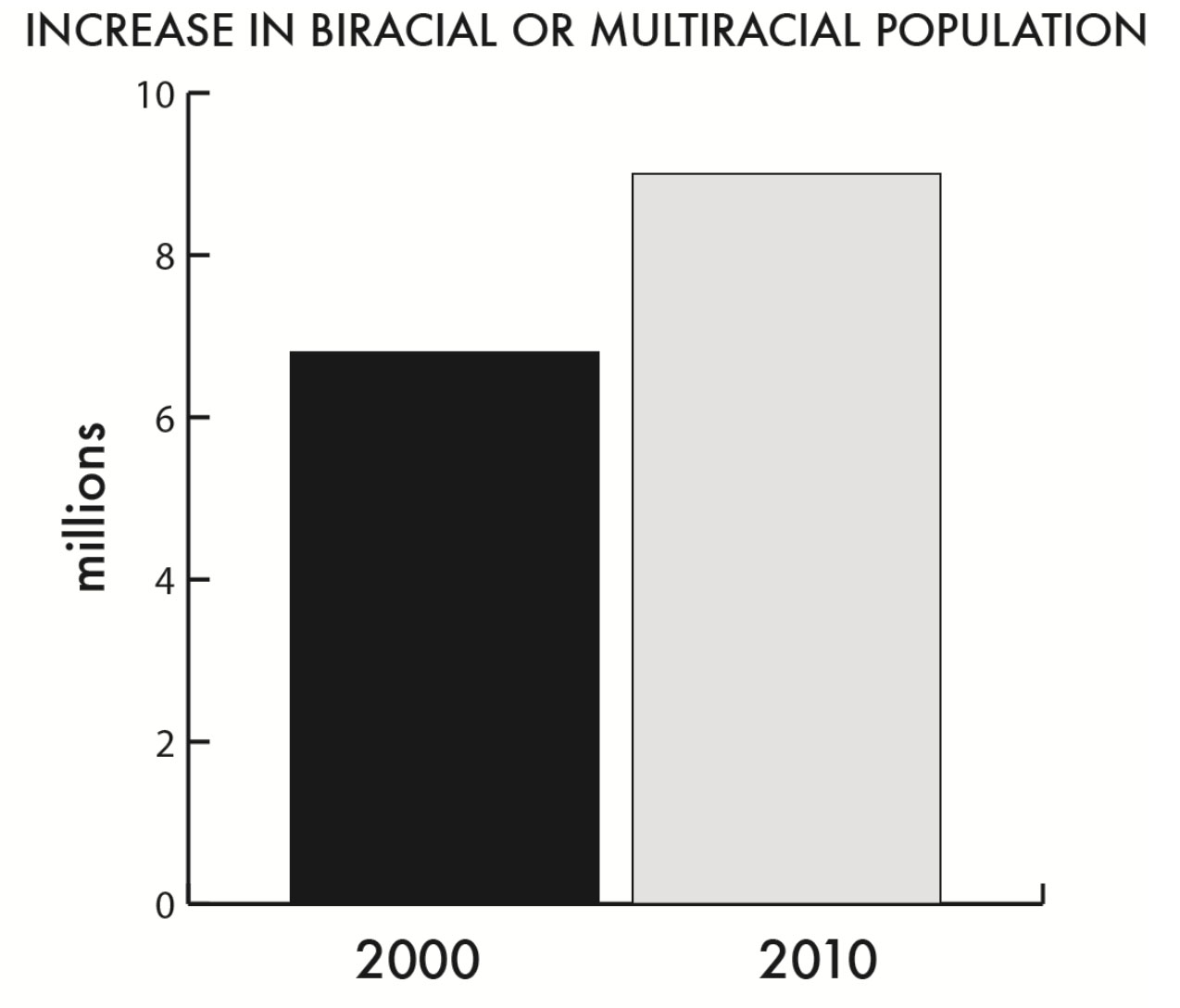
I can’t count the number of times my mom and I have gotten double takes everywhere we go, from the supermarket to every school I’ve attended.
In an increasingly diverse America where biracial couples are becoming less taboo and more visible, why the sight of a Hispanic mother and her biracial, black daughter garners so many curious looks still baffles me.
I recently read a New York Times article that highlighted cringe-inducing racial terms that their readers dislike. One reader wrote about her dislike for the word “mixed,” which stemmed from an incident where her daughter was asked if she was “mixed” by her fourth-grade classmates.
It reminded me of my own experiences growing up biracial.
I too have been asked that question many times. When I lived in the Caribbean for a few years, there were instances where I was stared at incessantly by passers-by and classmates when accompanied by my mom. One time at school, someone loudly hurled the word “shabine,” a term for a light-skinned woman of biracial heritage, at me from afar.
Since then, I’ve accepted that I will always be different and I’ve become proud of my biracial heritage.
But there is another lingering downside to it. Over the years, the questions about whether I was adopted, both well-meaning and not so well-meaning, have trumped all the double takes I’ve gotten.
The adoption question has been asked of my mom on numerous occasions, at the daycare, at the park and even at the airport…by an immigration agent. In most cases, if my dad was with us at the time, it wouldn’t have been asked.
It amuses me that small-minded people might believe my mom is “the nanny,” just because her color and features don’t match mine. An employee at a daycare I went to once flat out asked my mom if I was adopted.
Fast forward to when I was 12, we visited my mom’s native country, Nicaragua. On our way back home, we had a stopover in Miami and were sent through immigration because of our international flight.
The agent first took our passports and examined them. He looked up at us and skeptically asked my mom if I was her daughter. She said yes, but unsatisfied with that answer, he took an even harder look at us. One more look at our passports and he let us go. To us, the question felt irrelevant.
Now, when I get questioned, I think to myself “If you met my dad, you probably wouldn’t be asking me that.”
According to the last U.S. census in 2010, the percentage of the population that identifies as biracial or multiracial increased by 32 percent, from 6.8 million in 2000 to 9 million in 2010. It’s worth noting that the 2000 census was the first census that people could identify as two or more races rather than one.
By comparison, the number of the population that identifies as one race only increased by 9.2 percent, from 275 million in 2000 to 300 million in 2010.
It’s been seven years since the last census and I’m sure that 32 percent has soared since then. Yes, we mixed millennials are on the rise.
So please don’t automatically assume that biracial and multiracial kids might be adopted because one parent doesn’t “look like them.” Even more importantly, we don’t appreciate when you subtly (or blatantly) ask such a dated question.
Come on, it’s 2017. We find that a little insulting.



